The Nintendo 3DS and Wii U are now essentially dead in most forms, with Nintendo having discontinued online servers today, April 8, for both platforms after originally closing the eShops last year. This means you can’t buy games or enjoy any online element on either system—and that sucks for everyone.
According to Nintendo, after April 8, “online play and all other functionality that uses online communication will end” for the 3DS and Wii U, including online co-op play, internet rankings, and general data distribution. You’re still able to re-download purchased software, DLC, and update games but the eShop is dead so you can’t buy anything else.
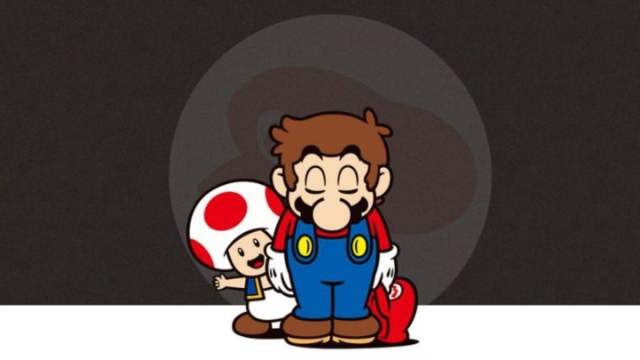
With this closure, Nintendo has stranded hundreds of games on the Wii U and 3DS that never received physical releases or have not been ported to other systems, essentially making them unplayable. Console exclusives designed for weird, two-screened gameplay will likely not be seen again, old games that were easy to access on these platforms are no longer available, and physical copies for popular or rare releases will skyrocket in price now that there is no alternative to get them digitally. Sorry Rhythm Thief and The Emperor’s Treasure enjoyers.
The only exception to this shutdown—as of now—is Pokémon Bank, which means you can still transfer Pokémon from Game Boy Advance, DS, and 3DS games up to Pokémon HOME. But even this service won’t last forever, and once it goes down, players will lose the ability to legally transfer Pokémon from Gen VII and prior to newer games entirely.
Communities like the original Splatoon bid farewell to their favorite games by playing online with friends one last time, Super Mario Maker players finished a million-level challenge to clear the game’s user-submitted levels before the servers went down, and yet no one is happy about Nintendo shutting things down—including me.
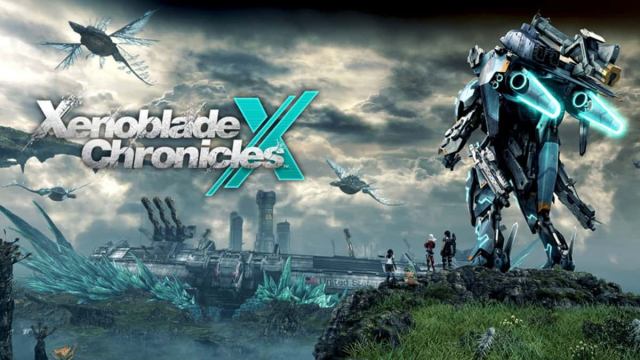
The 3DS was a continuation of my childhood, where I spent most of my time playing Nintendo’s handheld systems dating back to my dad’s original Game Boy. It let me continue playing my favorite franchises like Professor Layton, connect with friends through Pokémon, and stay up way too late in bed grinding Fire Emblem. And don’t get me started on how the eShop stoked my love for trying out smaller games and digging around forums for hidden gems like Liberation Maiden and the other Level-5 Game Jam releases.
Likewise, while the Wii U was widely panned as a commercial failure, I wouldn’t have made some of my closest friends in college without having that flop of a system in my dorm room and inviting people over to play Super Smash Bros. 4, Mario Kart 8, or Super Mario Maker. But now, no one will get to experience either to their full potentials because there’s no way to buy new software, access DLC content you didn’t already own, or play online with other people.
Game preservation is already a hot-button topic in the industry, as a lack of backward compatibility on most platforms means you can’t access older games without spending obscene amounts of money on aged hardware or resorting to piracy, the latter of which Nintendo has taken legal action against. And that doesn’t even touch on publishers shutting down online titles or discontinuing services, which then become unplayable in any form.
According to studies by The Video Game History Foundation (VGHF) and the Software Preservation Network (SPN) from last July, 87 percent of classic video games are “critically endangered” to become unplayable in the coming years, with only 13 percent of gaming’s history being represented on modern platforms.
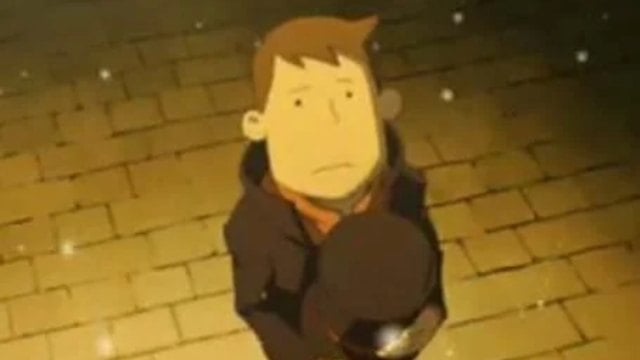
“For accessing nearly nine in 10 classic games, there are few options: Seek out and maintain vintage collectible games and hardware, travel across the country to visit a library, or… piracy,” VGHF’s former co-director Kelsey Lewin wrote on the VGHF website recently. “None of those options are desirable, which means that most video games are inaccessible to all but the most diehard and dedicated fans. That’s pretty grim!”
Considering a new report shows most gamers spend more time playing older games dating back six years or more than newer titles, maybe things will change. But, as it stands, the outlook for big companies like Nintendo to change their business practices when it comes to game preservation and wider availability for classic titles is bleak, even with Xbox reportedly looking to tackle the issue internally moving forward, which sucks to think about.


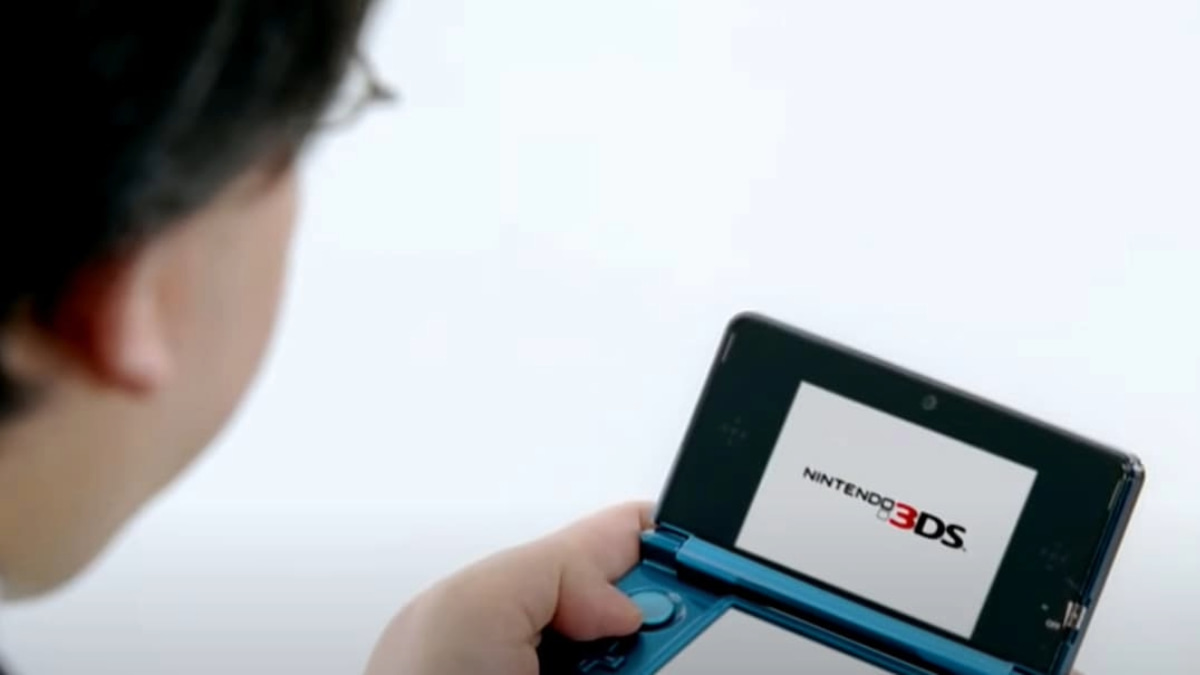
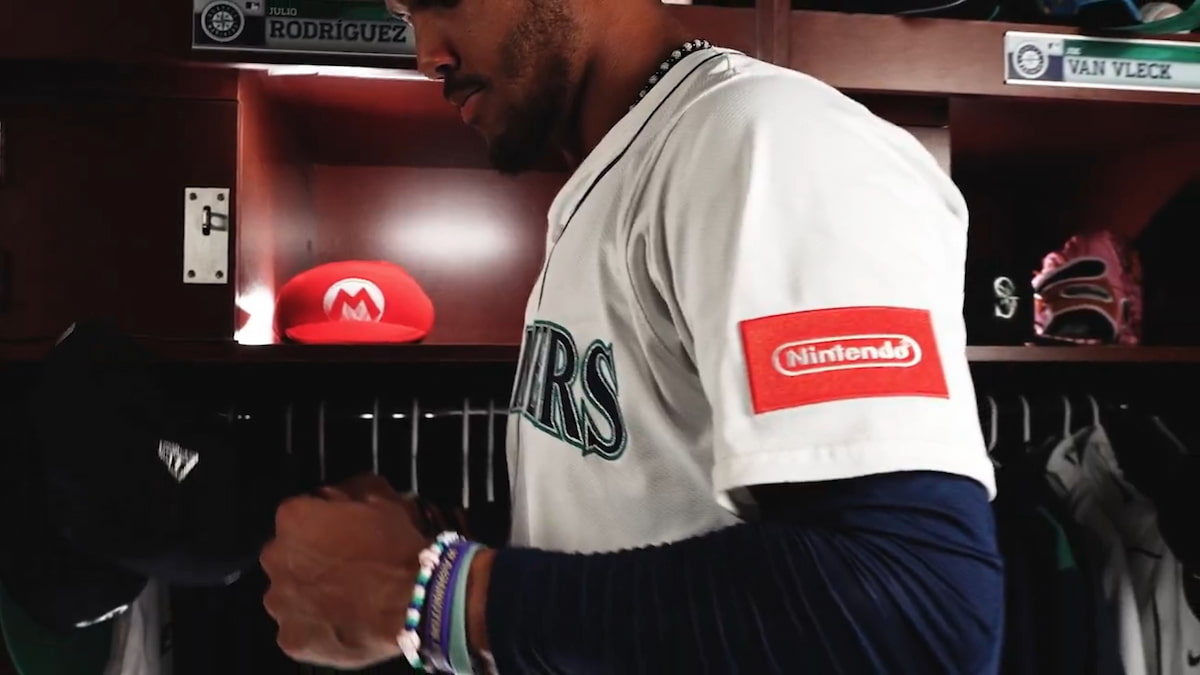
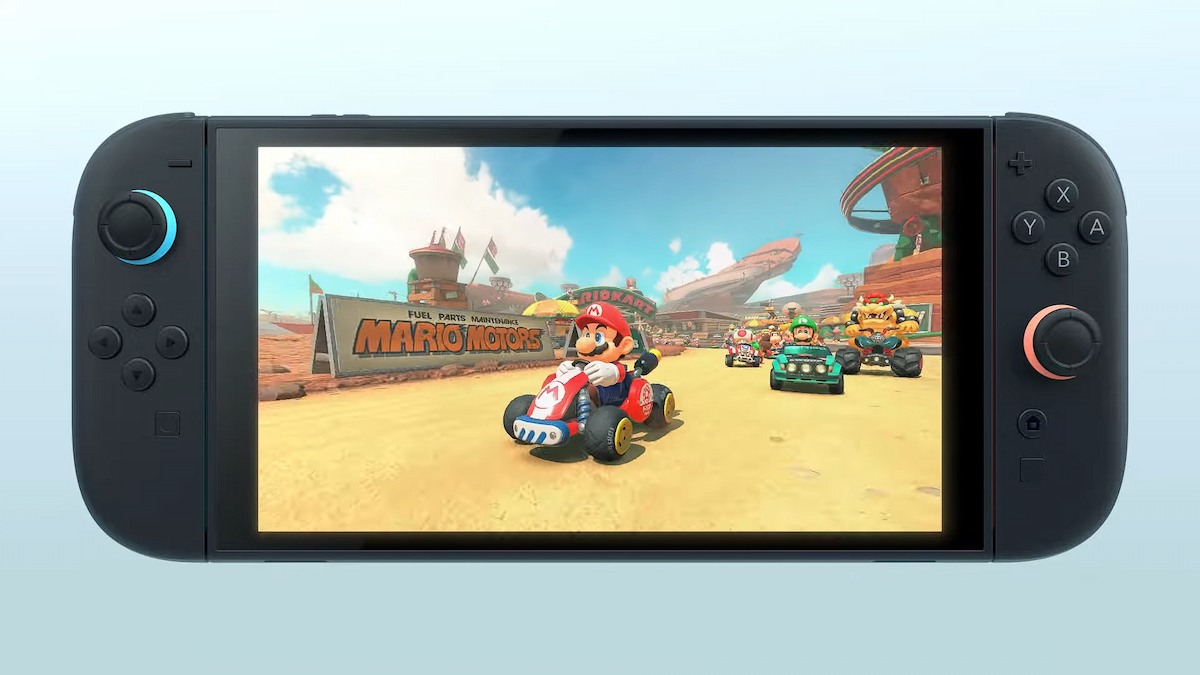
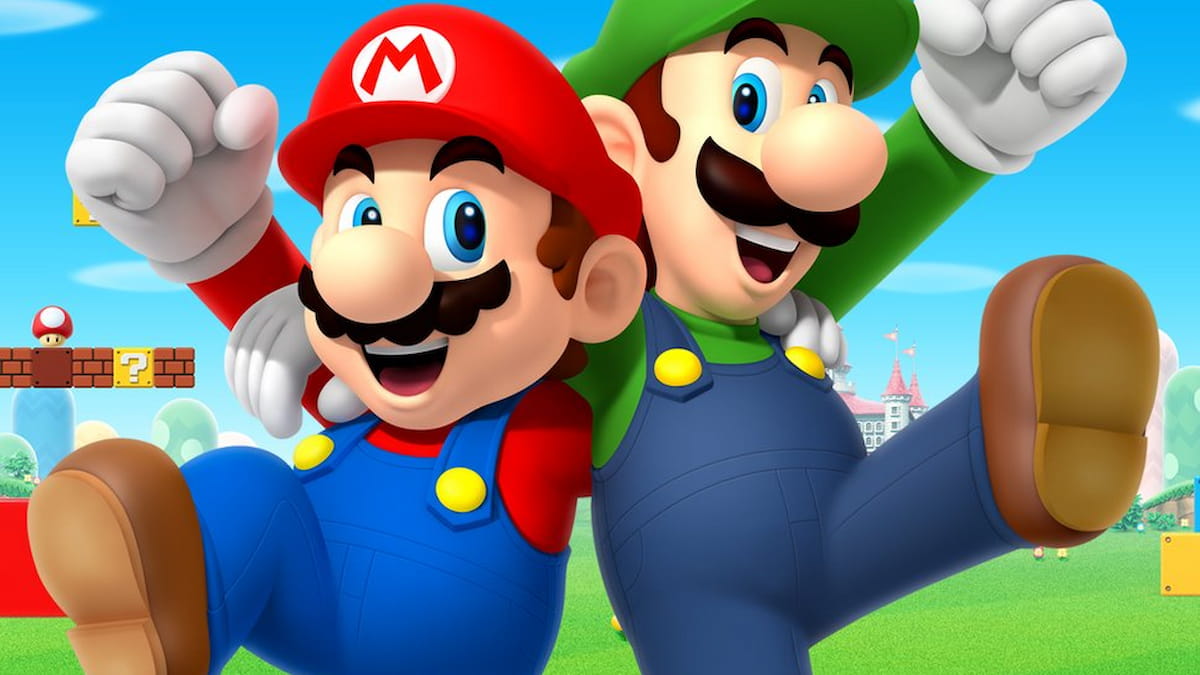
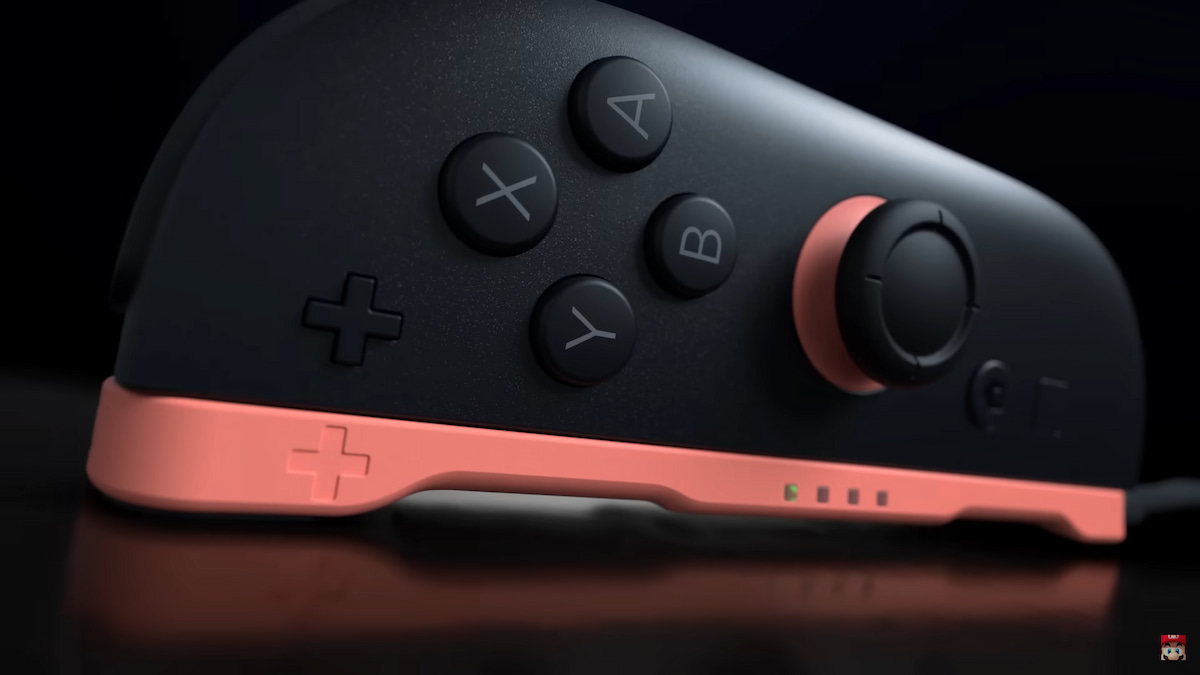
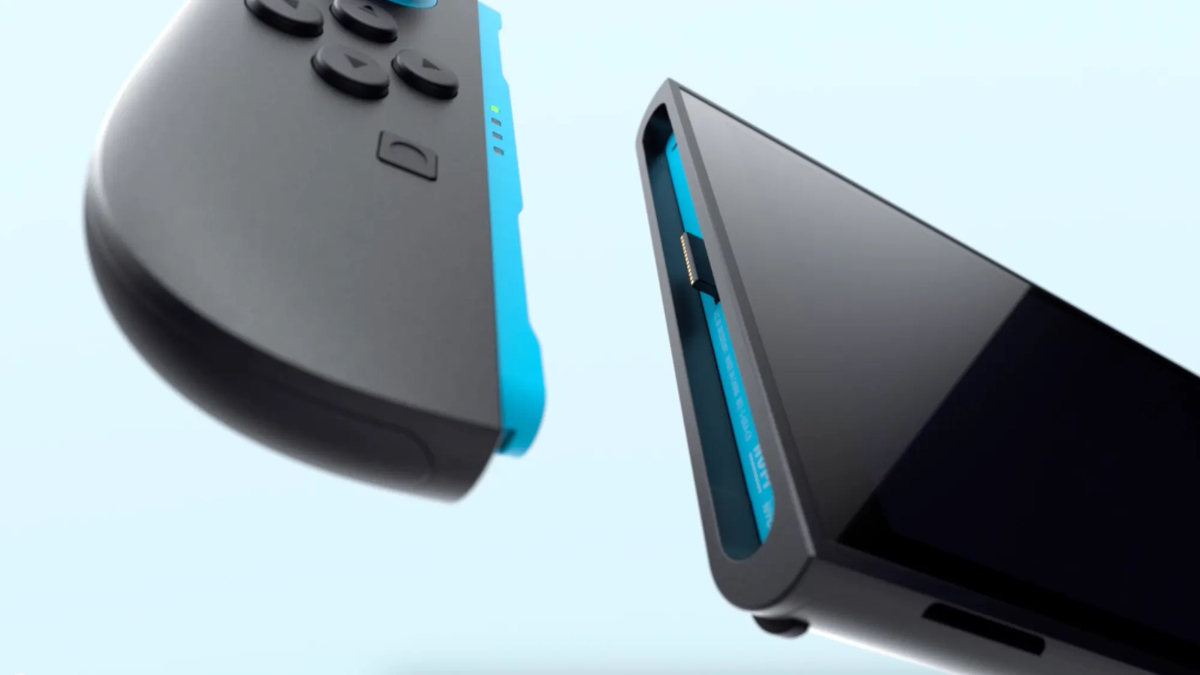
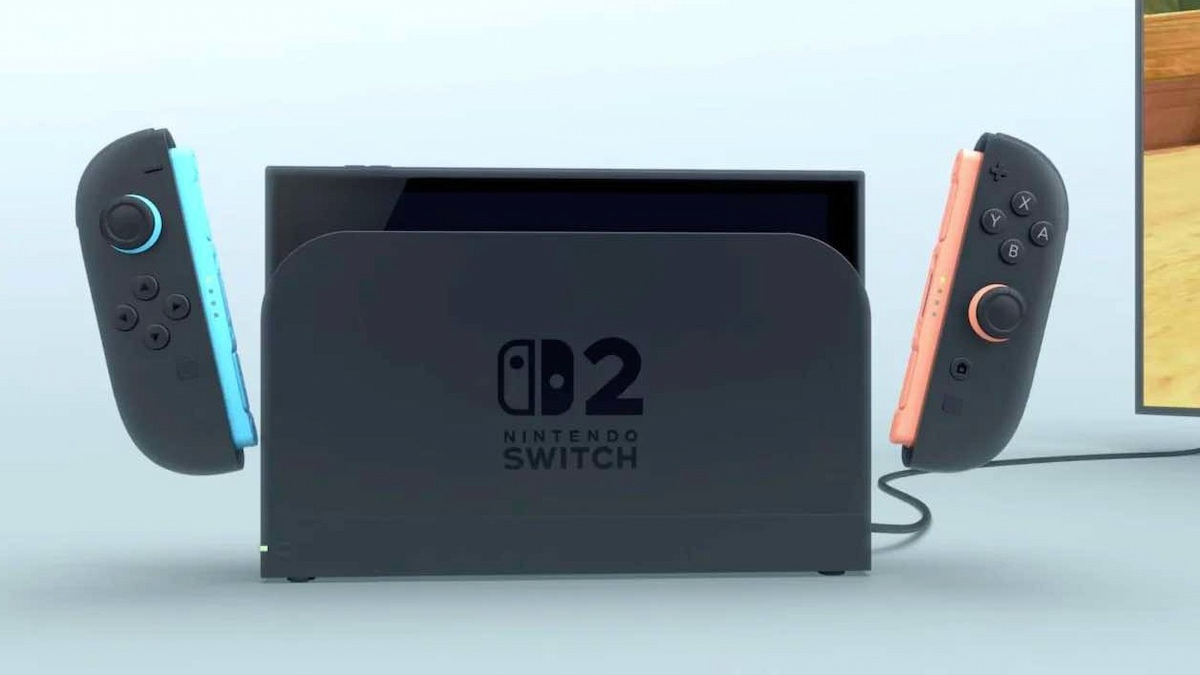
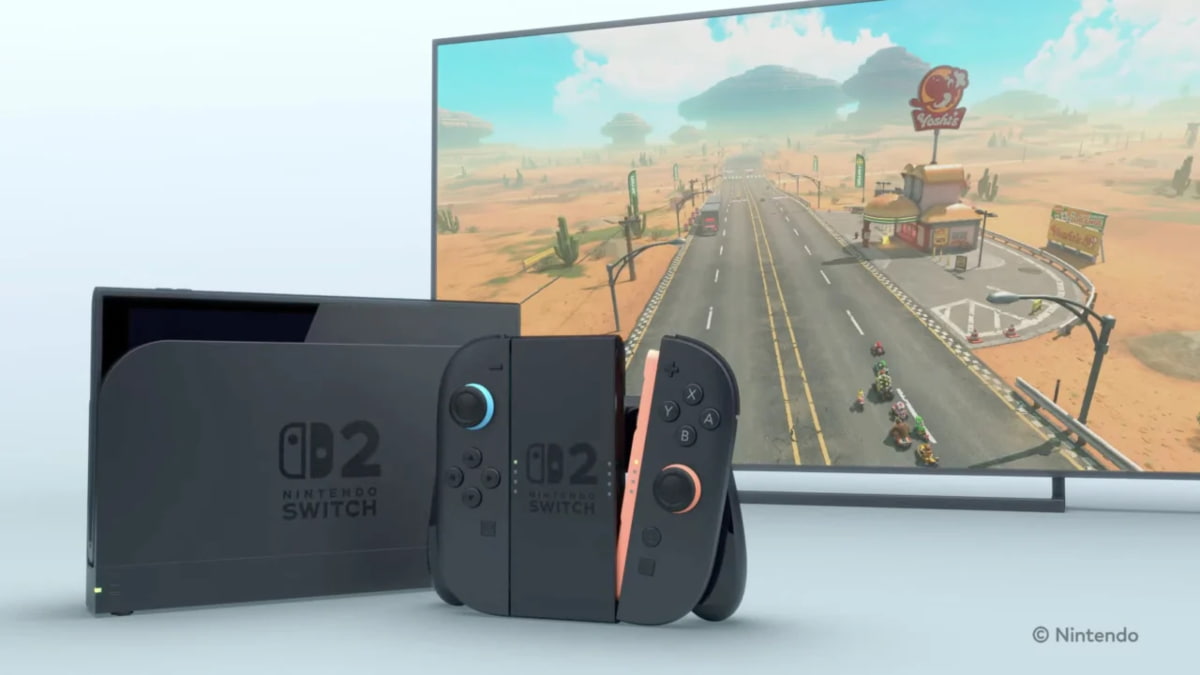
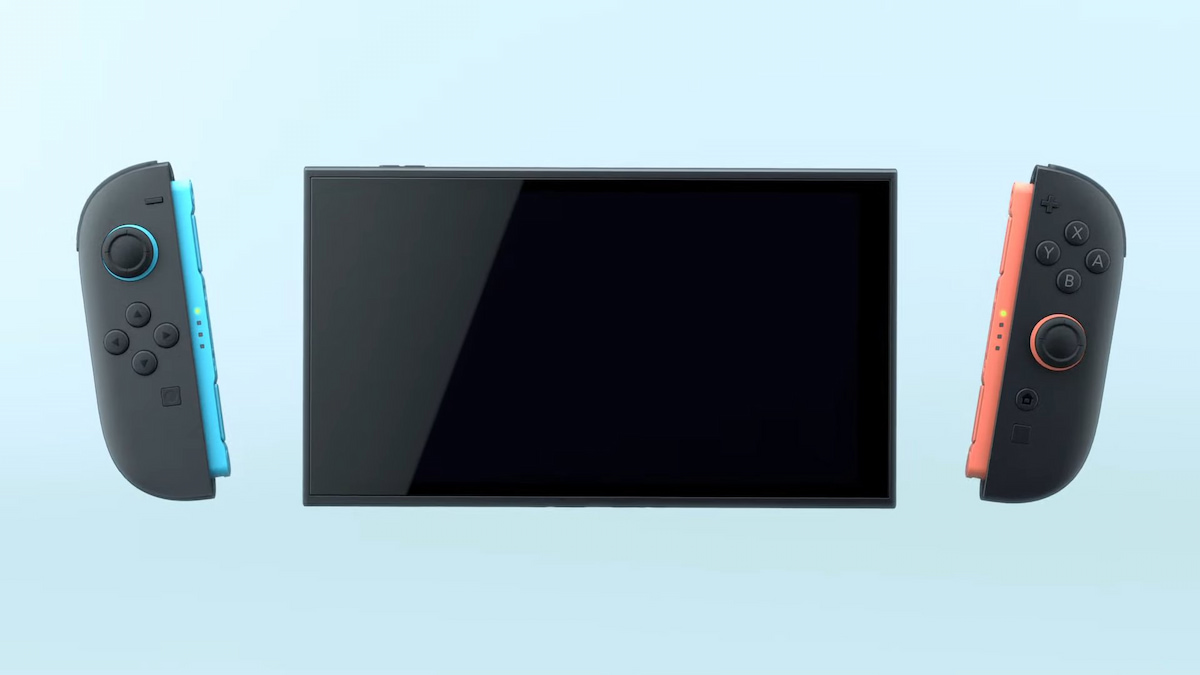

Published: Apr 8, 2024 07:19 pm